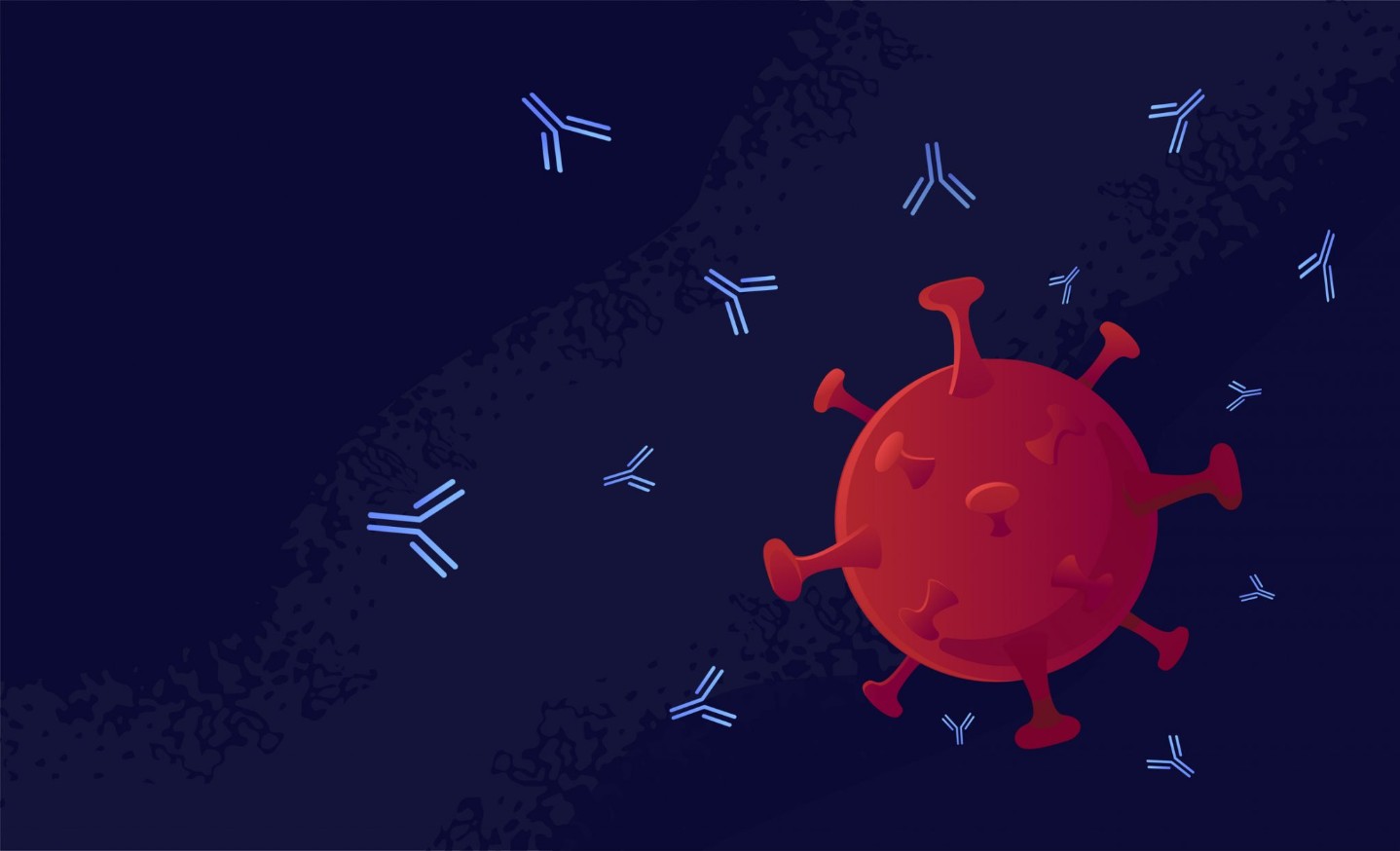Lock Your Medication Day - Don’t Ghost the facts!
OCT 21, 2024Approximately 35,000 Emergency Department visits result from unintentional medication overdoses among children under the age of five years.
Read More
As we all are aware, the COVID-19 disease pandemic still exists today. Thankfully, we have monoclonal antibody therapy (MAB) as a way to help prevent severe symptoms from developing in patients who are at high risk for infection.
You are probably wondering, what is monoclonal antibody (MAB) therapy? What is a monoclonal antibody?
Monoclonal antibody therapy or MAB infusion treatment is a treatment method for COVID-19. The goal of treatment is to prevent hospitalization, reduce COVID viral loads, and relieve symptoms.
Monoclonal antibodies are laboratory-produced molecules that act as substitute antibodies that can restore, enhance or mimic the immune system’s attack cells.[1] A majority of mAB therapies are approved for immunological/infectious diseases or certain cancers. The key to understanding how MAB therapy works in COVID-19 is to understand how this virus works.
Severe Acute Respiratory Syndrome Coronavirus 2 (SARS-CoV-2) is the official scientific name for the 2019 coronavirus. This virus is a part of the coronaviridae family of viruses and is similar to viruses in SARS and MERS outbreaks as well as the common cold.
Scientists have discovered that the virus can infect cells in various systems of the human body including our respiratory, gastrointestinal, immune, cardiac, and olfactory systems (where our sense of smell comes from). More commonly, the virus can replicate in the upper and lower respiratory tract causing infection similar to how a cold presents.
In addition to affecting our cells, the coronavirus can mess with our cytokines. Cytokines are small proteins that get released into the blood and signal the immune system to do its job during the event of an infection or other disease. There are many other various types of cytokines involved in autoimmune diseases, inflammation, and other viral or immunocompromising diseases that are affected or known to be highly present during COVID infection. Increasing levels of such cytokines can lead to a “cytokine storm”, found in severe COVID cases requiring MAB therapy.[2]
Monoclonal antibodies are designed to mimic the body’s natural immune system. The coronavirus has a spike protein on its surface that helps the virus attach and enter human cells.[3] MAB therapies were made to bind to the spike proteins and block the virus.
Currently there are only a few MAB therapies to treat mild to moderate COVID-19 infection in high risk patients. These treatment options generally work by inhibiting activation or growth of cytokines that can make the disease worse. You can see a listing of these treatments below.
For more information about the coronavirus, see our section on the CHI Health website.
Below are the MAB therapies out for COVID-19 and the status of their use:
Sotrovimab - Granted Emergency Use Authorization (EUA) by the FDA.
Casirivimab/Imdevimab and Bamlanivimab/Etesivimab - Due to the high frequency of the Omicron variant, it is no longer authorized in any U.S. region at this time.
Tocilizumab - Used for severe COVID-19 patients receiving systemic corticosteroids and require respiratory support (oxygen supplementation, non-invasive or invasive mechanical ventilation, etc.)
Tixagevimab + Cilgavimab - For emergency use as Pre-Exposure Prophylaxis (PrEP) for prevention of COVID-19 in adults and pediatric individuals (>12 years of age) who are NOT COVID positive AND have not had close exposure to an individual AND are moderately to severely immunocompromised.
References:
[1] COVID-19 Frequently Asked Questions. FDA. Accessed November 16, 2021.
https://www.fda.gov/emergency-preparedness-and-response/coronavirus-disease-2019-covid-19/covid-19-frequently-asked-questions#:~:text=Monoclonal%20antibodies%20are%20laboratory%2D,system's%20attack%20on%20cells.
[2] Costela-Ruiz V, Illescas-Montes R, Puerta-Puerta J, et al. SARS-CoV-2 infection: the role of cytokines in COVID-19 disease. Cytokine Growth Factor Rev. 2020;54:62-75. https://www.ncbi.nlm.nih.gov/pmc/articles/PMC7265853/
[3] Lloyd E, Gandhi T, Petty L. Monoclonal antibodies for COVID-19. JAMA. 2021; 325(10):1015.

Approximately 35,000 Emergency Department visits result from unintentional medication overdoses among children under the age of five years.
Read More
The State of Nebraska instituted a program called Nebraska MEDS Drug Disposal that allows for drop off of unwanted medications at participating pharmacies anytime.
Read More
You may have heard about a recent outbreak of Hepatitis A, linked to organic strawberries imported from Mexico and sold ...
Read MoreWhen you need local health information from a trusted source, turn to the CHI Health Better You eNewsletter.